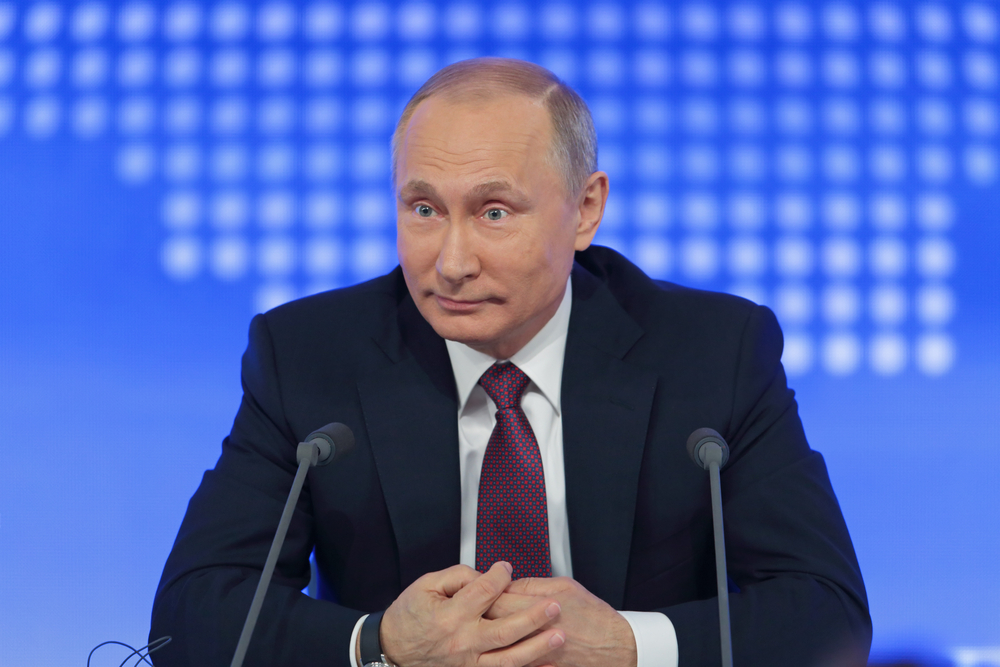The alleged attack, said to have occurred on May 20, was described as “unprecedented” by a top Russian military official.
Others are reading now
The alleged attack, said to have occurred on May 20, was described as “unprecedented” by a top Russian military official.
Targeting Putin’s Helicopter in Daring Drone Attack
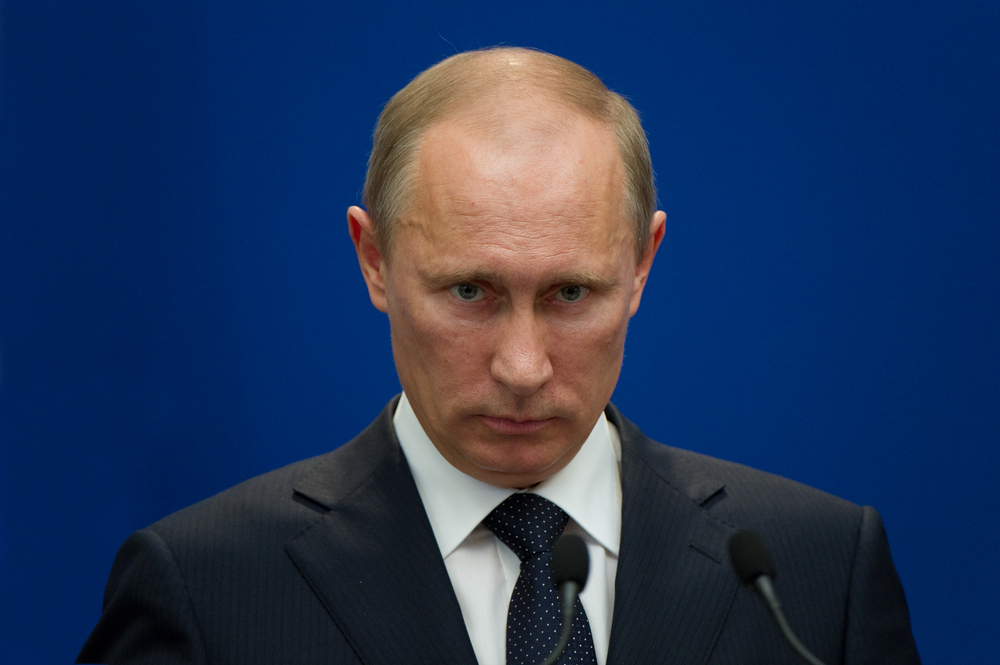
Russia has claimed Ukraine attempted a brazen assassination of President Vladimir Putin by launching a flurry of drones during his unannounced visit to the Kursk region, close to the Ukrainian border.
46 Drones Launched as Putin Flew Over Kursk
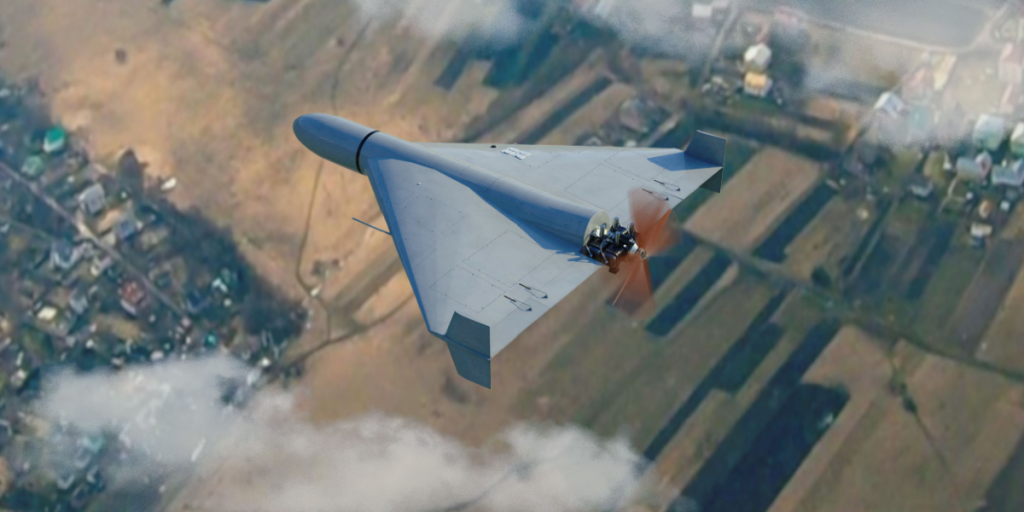
Air Force Major-General Yuri Dashkin told Russian state media that 46 Ukrainian drones were intercepted while Putin’s helicopter was in the air.
The region, a known hotspot in Russia’s war with Ukraine, reportedly witnessed one of the most intense drone battles of the conflict so far.
Also read
Putin’s Secret Trip Revealed After the Fact
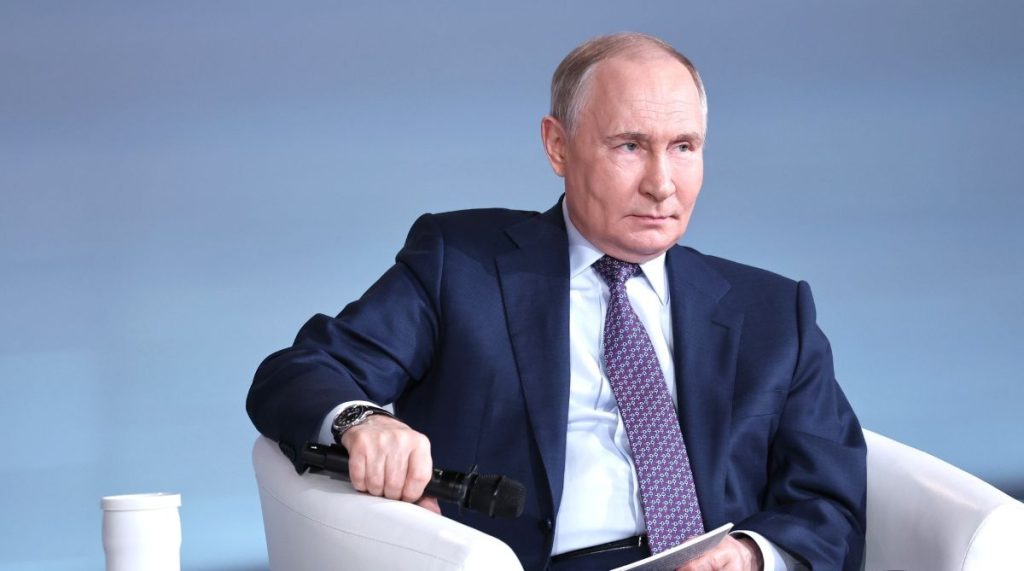
Putin’s visit to Kursk was only confirmed by the Kremlin after he had left.
Official footage later showed him meeting with local officials and touring a nuclear facility, but there was no mention of the alleged attack at the time, fueling speculation about just how close the president came to danger.
Russian General Confirms Putin Was in Combat Airspace
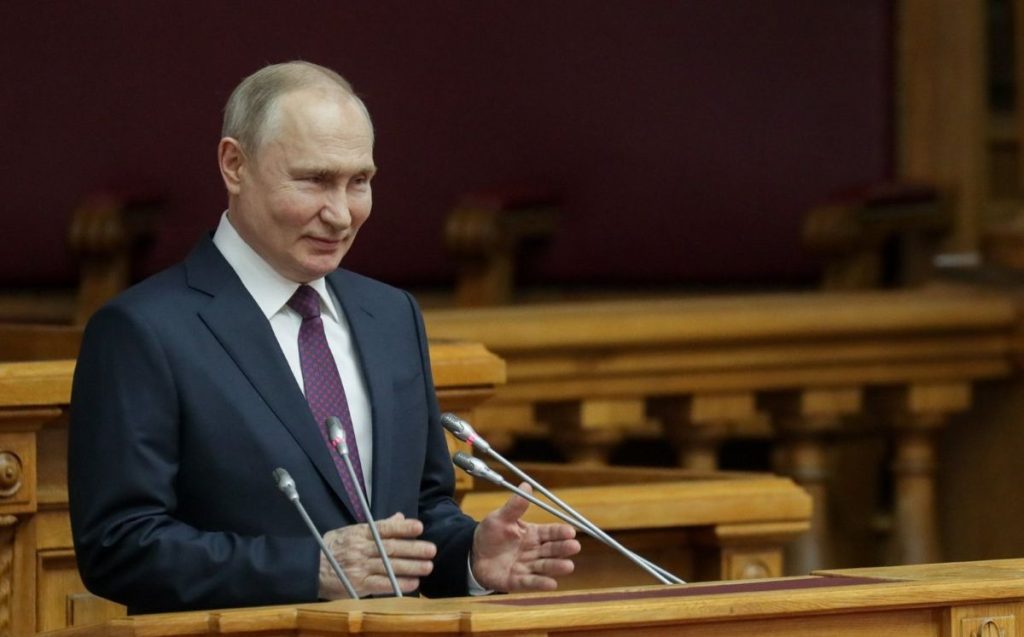
When asked by a state TV anchor whether Putin’s aircraft was actually present during the drone onslaught,
Dashkin replied: “Yes, that’s right.” His statement suggests Ukraine may have had inside knowledge of Putin’s route or schedule—a chilling prospect for the Kremlin.
Kremlin Claims Full Interception, No Casualties
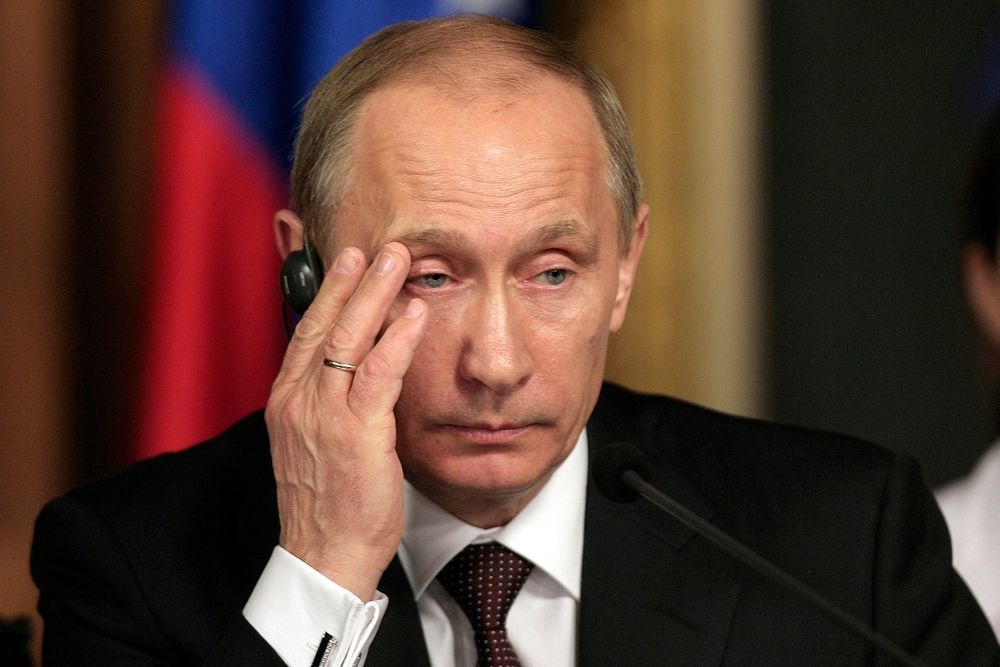
According to Dashkin, Russian air defences successfully neutralized every drone.
“All air targets were hit,” he said, adding that the defense operation was executed “during the flight of the Supreme Commander-in-Chief’s aircraft.” No damage or injuries were reported by Russian authorities.
Ukrainian Involvement Unverified
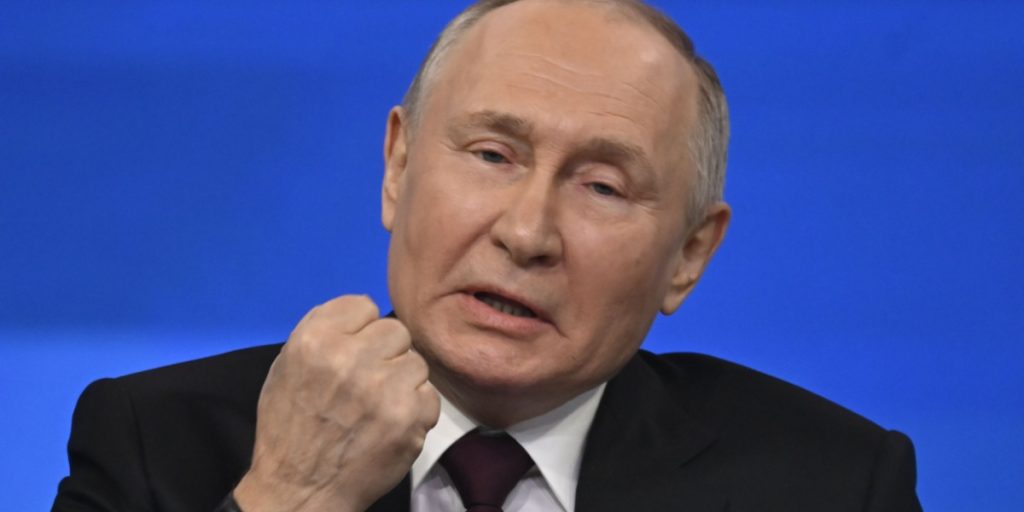
At this stage, there is no independent verification of the Kremlin’s claims.
Ukrainian officials have not commented on the report, and Western intelligence agencies have yet to corroborate the alleged drone strike.
The story was first aired by the Kremlin-backed program Vesti Nedeli.
Intelligence Leak? Questions Swirl Around Security
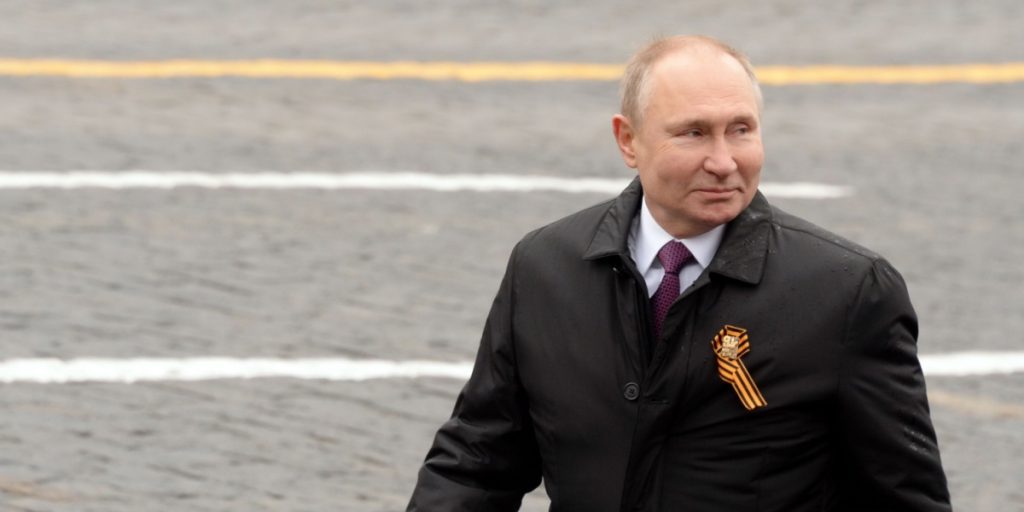
Russia’s implication that Ukraine may have known about Putin’s secret itinerary has raised eyebrows.
If true, it suggests a serious breach in presidential security and possibly covert surveillance or human intelligence operating inside Russian territory.
Putin Criticised for Rare War Zone Visit

While President Zelensky has repeatedly visited front-line regions throughout the conflict,
Putin has largely stayed clear of active war zones. His appearance in Kursk, one of Russia’s most vulnerable border areas, was both rare and highly choreographed.
Public Reactions Range from Skepticism to Sarcasm

Online reaction to the incident was swift and mixed. Some Russian citizens expressed disbelief, suggesting Putin rarely ventures close enough to the front lines to be at real risk.
Others called the drones a “missed opportunity” in blunt, sardonic social media posts.
Carefully Staged Footage Fuels Doubts

Kremlin-released video of Putin’s visit showed him greeting selected locals and thanking them for their work, but made no mention of the drone attack.
Critics argue the footage was tightly controlled and likely filmed after the danger had passed.
The Kursk Region: Still Under Tension
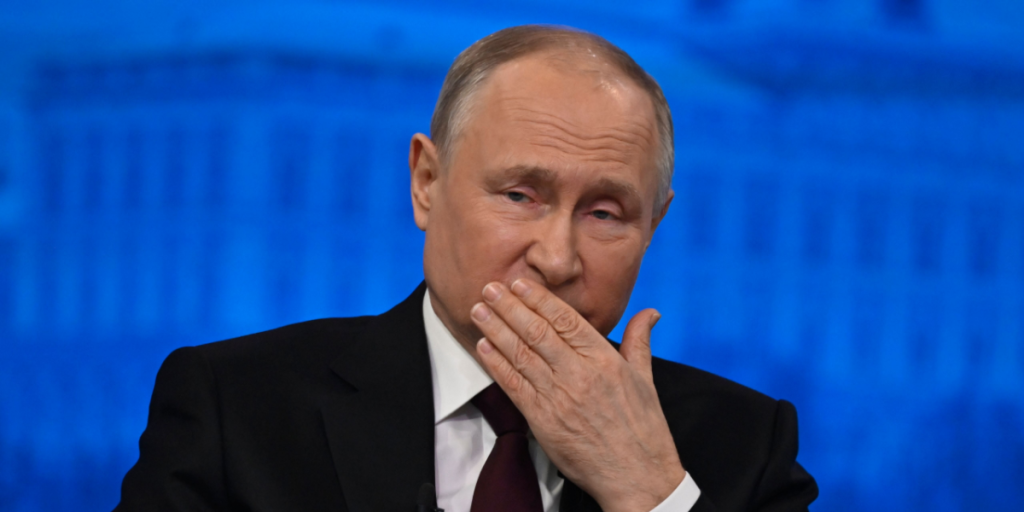
Kursk, which borders Ukraine, remains a tense flashpoint in the conflict.
Parts of the region have been under increased military activity following Ukraine’s bold incursion into Russian territory in 2024.
The area has since become heavily militarised.
A Message to Ukraine or a Propaganda Move?

Analysts are divided on the motive behind Russia’s announcement.
Some see it as a warning to Kyiv, while others suspect it’s intended to rally public support at home and portray Putin as a hands-on leader under fire, literally.
Kremlin Doubles Down on War Messaging
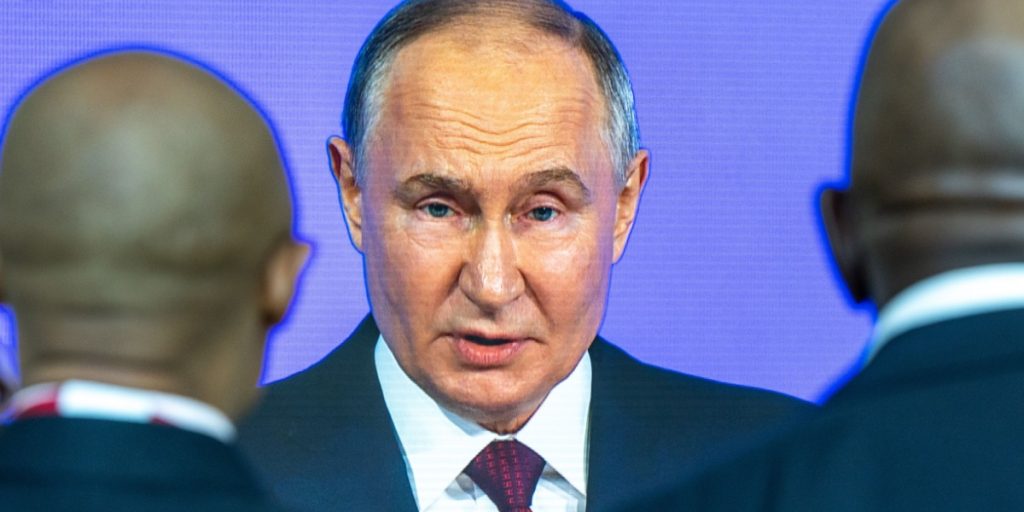
In follow-up remarks, Putin lashed out at Ukrainian forces, accusing them of “shelling war monuments” and calling them “idiots.”
His visit appeared aimed at boosting morale among local Russian officials and reinforcing the image of Russian resilience.

